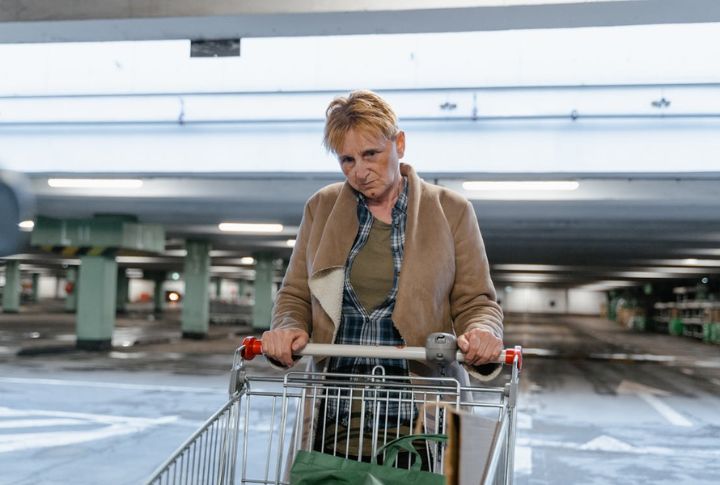
There’s a massive gap between imagining poverty and actually living it. The daily challenges go far beyond what most people picture, creating barriers that compound and suffocate opportunity at every turn. These realities remain invisible to those who’ve never experienced them firsthand. Before judging someone’s situation or offering simple solutions, it helps to understand what’s really happening behind the scenes. Here are the truths most people miss.
Every Purchase Requires Mental Math

For those living on tight budgets, every trip to the store becomes a mental workout. Each item picked up means quick calculations—can this fit today’s limit? Some even keep a running total in their heads, mastering arithmetic faster than a cashier could ring them up.
You’re Good With Money, But No One Believes It

Stretching twenty dollars into a week’s worth of meals takes creativity and precision. Many low-income earners manage finances with remarkable skill, yet still face the assumption they’re careless with money. In reality, their budgeting could rival that of trained accountants.
Multiple Jobs Mean Zero Free Time

Working from sunrise to midnight is a reality for many juggling two or three jobs. Sleep gets sliced into short bursts, and dinner sometimes happens standing over a sink. They keep going anyway, driven by the hope that relentless effort might lead to stability someday.
Choosing Between Food And Getting To Work
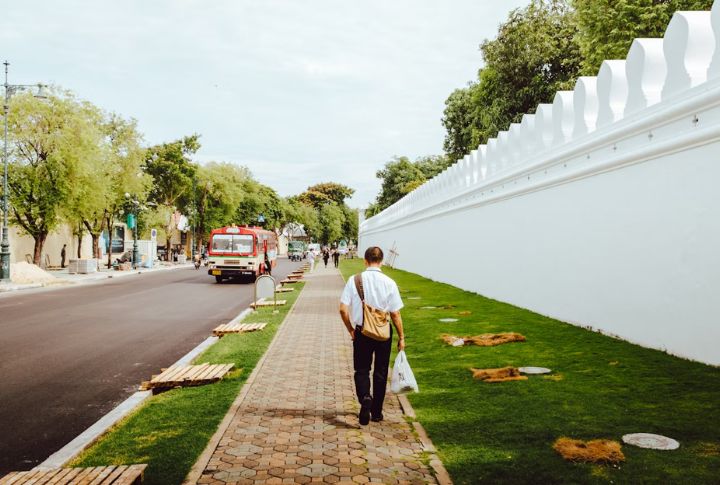
Some mornings, the choice comes down to eating breakfast or saving bus fare. With limited income, transportation and meals constantly compete for priority. Some walk miles just to keep their jobs, often arriving exhausted, yet proud that they found a way to make it work.
Always Saying No To Social Invites

Turning down plans becomes second nature when every outing costs too much. People make polite excuses to hide the truth behind laughter or “maybe next time.” Free concerts and community fairs often become their only windows into social life.
Feeling Invisible In Public Spaces

There’s a quiet kind of invisibility that follows poverty. People glance past you in stores or stare with judgment, but never speak. Yet libraries and community centers often offer small pockets of belonging, places where being seen feels safe again.
Cheap Things Hurt Their Body

A bargain can come with a painful price. Shoes bought for a few dollars might rub raw blisters after one week, and thin mattresses strain aching backs. Poor-quality items wear out quickly and force replacements long before the next paycheck arrives.
One Bill Away From Financial Collapse

All it takes is a surprise hospital visit or car repair to disclose everything. Families living just above the poverty line often hide emergency cash in drawers or jars, hoping it’s enough to survive the next unexpected expense that threatens their balance.
The Guilt Of Not Providing For Their Kids

Parents in poverty often carry invisible guilt. They skip meals so children can eat, mend clothes that should’ve been replaced, and find joy in tiny homemade gifts. Though resources run thin, love and sacrifice fill the spaces money cannot reach.
Poverty Makes Them Age Faster

Stress leaves marks deeper than wrinkles. Constant worry over bills and health drains energy and shortens life spans. Skipping doctor visits or relying on home remedies becomes routine. Over time, exhaustion replaces youth, showing how poverty wears down both body and spirit.
“Get A Better Job” Requires Money They Don’t Have

“Just get a better job” ignores the financial barriers blocking the way. Transportation to interviews, internet access for applications, and professional clothing all cost money that people don’t have. They use library Wi-Fi and borrow outfits from friends just to get through the door.
Government Help Requires Endless Paperwork

Filing for assistance feels like a full-time job itself. Pages of forms, proof of income, and follow-up calls can take days. Some people keep folders just for documents, stacked high with every printout that proves they deserve the help they already qualify for.
They Can Only Think About Today
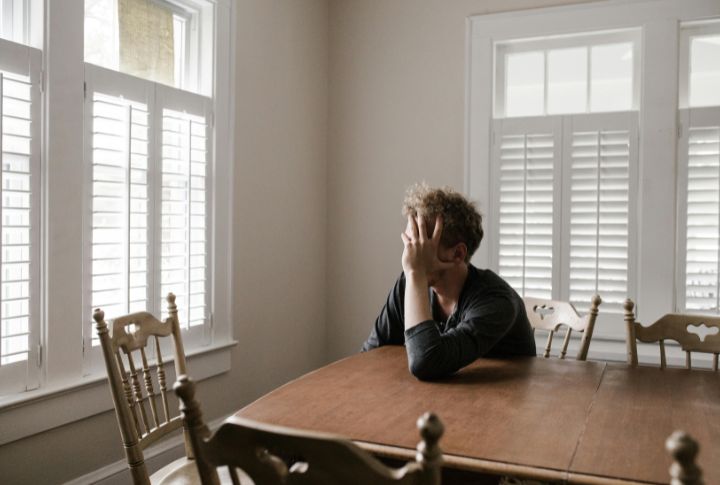
When the fridge is half-empty and bills wait on the counter, tomorrow fades from view. Survival means focusing on what’s immediate—one meal, one errand, one day at a time. Long-term dreams quietly wait in the background, shelved until stability returns.
The Shame Of A Declined Card

Few moments sting more than hearing “card declined.” Balances shift quickly when money is tight, so many memorize exact amounts before every purchase. Cash often feels safer as it offers control and privacy when embarrassment lurks just one transaction away.
Being Poor Actually Costs More Money

It’s ironic how having less often means paying more. Without access to bulk discounts or credit, families spend extra on the basics. Renting appliances and taking payday loans stretch every dollar thin, which traps many people in a cycle they never wanted.
A Broken Phone Could Cost Them Their Job
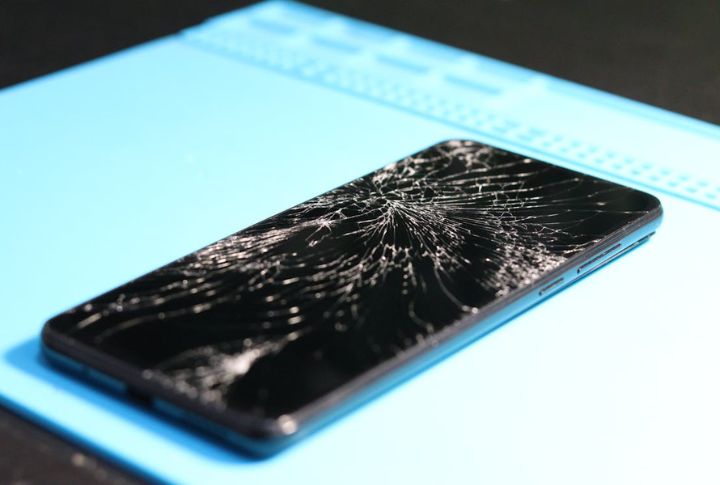
For many, a simple cracked screen can mean lost work hours or even unemployment. Phones are lifelines for shift updates and banking. When one breaks, there’s rarely a backup. Borrowing devices or hunting for Wi-Fi becomes the only way to keep opportunities alive.
Food Insecurity Is Constant Anxiety

Hunger doesn’t only come from an empty stomach—it’s also the worry that tomorrow’s meal might not happen. Families stretch ingredients or combine leftovers into new dishes. That level of planning and stress leaves people exhausted before the day even starts.
Getting Sick Could Mean Losing Everything
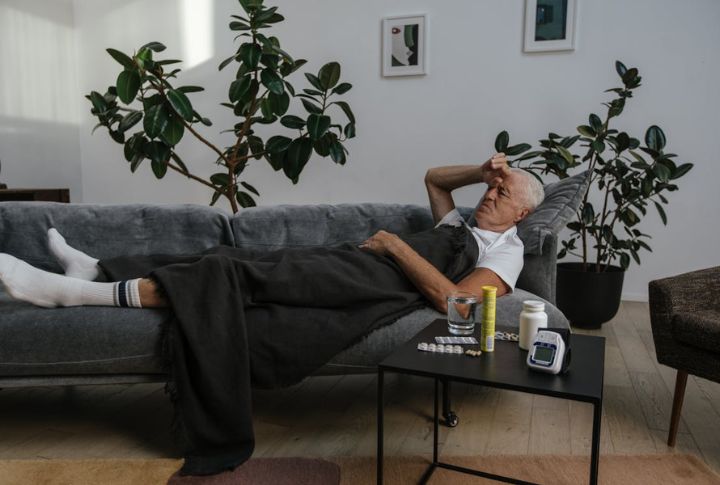
A fever can turn from inconvenience to crisis when medical costs loom large. Some rely on over-the-counter remedies and home treatments, hoping symptoms fade before rent is due. Each illness feels heavier when every dollar must already stretch beyond its limit.
They Can’t Just Work Their Way Out

Working harder doesn’t always equal progress. Long hours at low wages barely cover living costs, and side hustles rarely close the gap. Many full-time workers still qualify for assistance, proof that effort alone can’t fight rising prices or stagnant paychecks in today’s economy.
Fighting To Keep Their Dignity

Dignity doesn’t disappear just because money does. People dress as neatly as possible, share what little they have, and carry themselves with quiet strength. These small acts push back against a world that’s quick to judge and exclude. Pride lives in the details when everything else feels stripped away.
